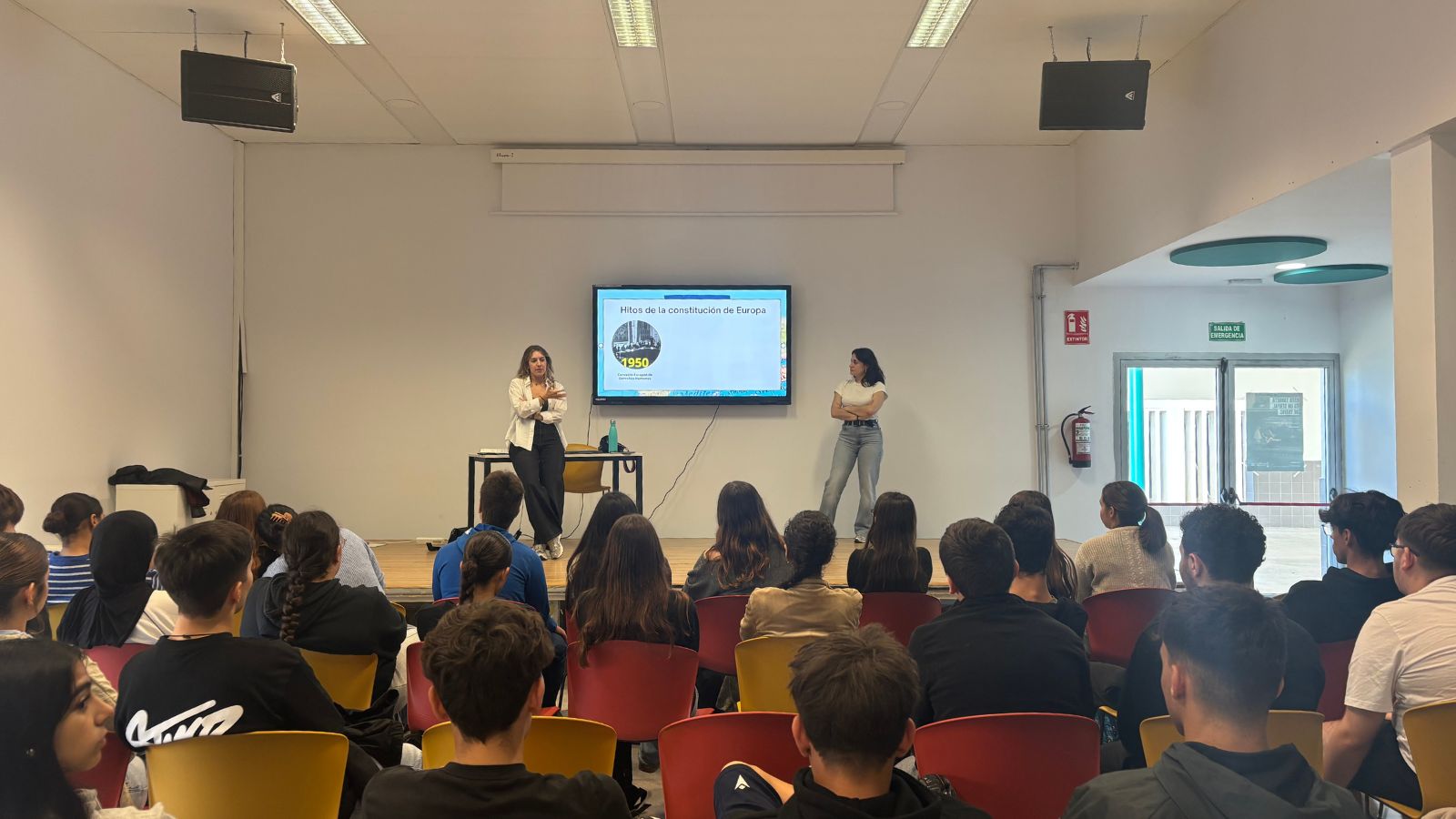
Democracy Labs Honouring the Day of Remembrance and Tribute to the Victims of the Military Coup, War and Dictatorship
It is difficult to talk about the Day of Remembrance and Tribute to all the victims of the military coup, war and dictatorship without thinking about how limited the reparation they have received throughout these decades of democracy has been.
Despite the efforts made by various institutions to offer recognition and moral reparation to the thousands of people who suffered repression and violence for 40 years, these advances remain insufficient.
Given this lack of complete reparation, an essential question arises: how can civil society contribute to this much-needed reparation?
One of the most direct answers is to remember and honour their memory. Celebrating days such as today, 31 October – established by Article 7 of Law 20/2022 on Democratic Memory – is a first step towards strengthening a social and legal framework that will keep alive the memory of those who were victims of the 1936 coup d’état, the subsequent Civil War and the long dictatorship that caused profound collective trauma in the country.
However, the most decisive response is education. Educating younger generations about the human rights violations committed during the Civil War and the Franco regime is essential to ensure that they are not repeated. This must be a shared effort between institutions and civil society, as a form of symbolic reparation for those who suffered repression.
A youth educated in the knowledge of its recent history, aware of the importance of human rights and committed to the defence of democracy, is key to protecting the freedoms that have been won. Only in this way will they be able to recognise their value and resist the current authoritarian threats.
Within this framework, FIBGAR contributes to honouring the victims by educating 4th year ESO and 1st year Bachillerato students in the province of Valencia. Through the “Democracy Labs” project, funded by the Provincial Council of Valencia, eight workshops have been held this week in four educational centres, with the aim of promoting critical thinking and providing tools to understand the past, reflect on the present and become agents of change.
During these sessions, Spanish democratic memory was explored in relation to European democratic memory, highlighting that what happened in Spain was not an isolated event, but part of a broader context of violence and authoritarianism experienced in Europe during the 20th century.
In addition, concepts such as disinformation, denialism and historical revisionism were addressed, so that students could identify how these dynamics affect today’s democracies, especially on social media and in their immediate surroundings.
These activities honour the victims and survivors: they make their stories visible, recognise their struggles and contribute to shaping more aware and committed generations. Because, although institutional initiatives are essential, it is the movements that arise from society that generate real impact and collective participation.
At FIBGAR, through this article and the activities carried out within the framework of democratic memory projects, we commemorate a day like today, 31st October 2025, the victims of the military coup, the war and the dictatorship. Because remembering is not just about looking to the past, but about building a more just present and a future in which dignity, rights and democracy are never again endangered.



